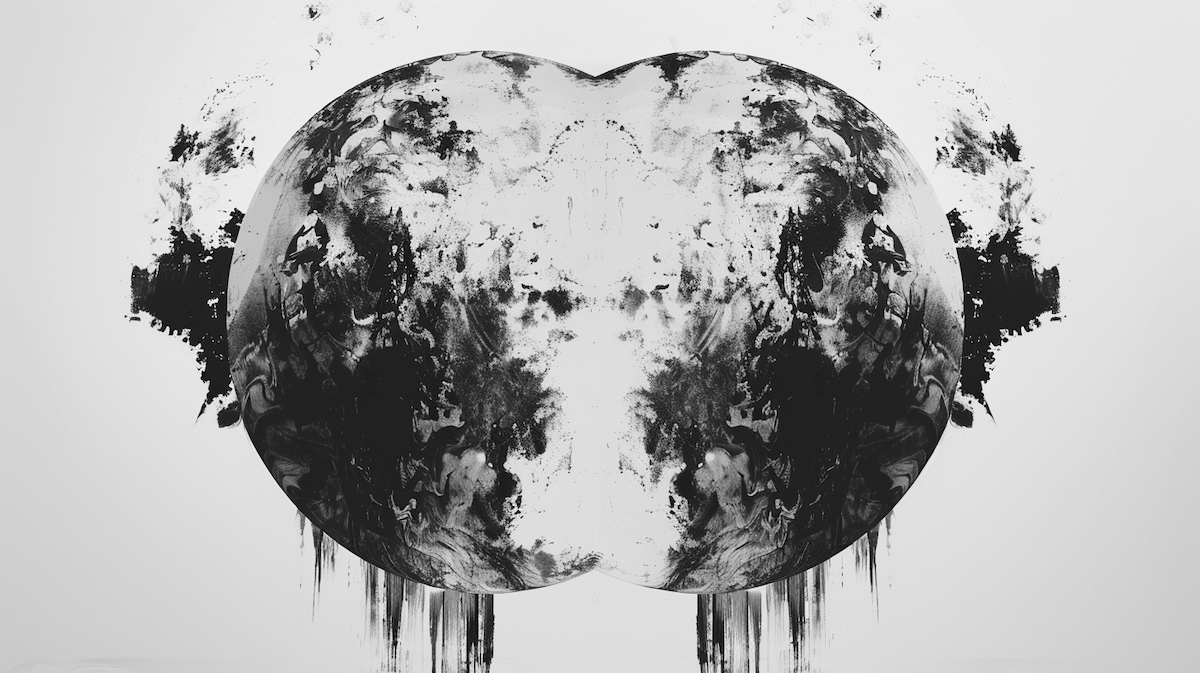In 1921, a Swiss psychologist spent months carefully crafting a series of seemingly random blots of ink. When he was done, he arranged them in a set of 10 for publication.
He had discovered that different people saw different things in the inkblots and that this could tell him a lot about their mental state, their concerns, and their worldview.
I thought of Dr. Rorschach and his now-famous inkblots this week as I leafed through a massive new study of what people in a dozen of the world’s most powerful countries – the G7 industrialized democracies, plus Brazil, China, India, and South Africa – are worried about when it comes to their security.
The survey, done by the Munich Security Conference, an annual confab of world leaders happening this week (shameless plug for our coverage of it here), indexes respondents’ levels of concern, from 1-100, about dozens of threats.
They cover everything from terrorism to technology, climate to coronavirus. Mass migration, racism, trade wars, and organized crime are all in there too, as are questions about the threats posed by specific countries: Russia, China, Iran, North Korea, the US, and the EU.
There is obviously no shortage of stimuli for the anxious these days. Major wars rage in Europe and the Middle East. Artificial intelligence warps our experiences of both work and the web more and more each day. Conflict, poverty, and climate extremes have driven the highest numbers of refugees ever from their homes. And of course, the world is slowly cooking itself while its two leading economies – and carbon emitters – warily circle each other on technology, trade, and Taiwan.
All of that, everywhere, all at once, yes.
But when people in different countries look at our little blue and brown inkblot of a world, they see very different threats and risks.
South Africans, for example, are acutely worried about energy and food shortages. Ukraine, unsurprisingly, is concerned about Russia. The climate is Brazil and India’s top concern, while Germans now wring their hands over migration and terrorism.
Those are the finer lines of the study, but what can we see in the broader blot of responses?
First, in aggregate, the things that worry most of the world most right now have to do with two things: climate change and cybersecurity, both of which are significant cross-border issues that cannot be solved by countries working alone.
Second, the roughly two billion people of India and China are surprisingly chill these days. Not a single one of the risks rises above 50 on the index for either country, with the sole exception of “climate change” notching a blasé 54 in India. In all other countries, people are far more on edge, with most risks ranging between the 50s and 70s.
Third, Russia isn’t as scary anymore. The world – but especially Europeans and Americans – is less concerned about Russia than it was in 2022. Nearly two years on from Putin’s invasion, the dreaded “Ukraine fatigue” has set in — there’s a reason Volodymyr Zelensky has been struggling to secure more aid from his two biggest backers – the US and EU.
Fourth, what moves the “Global South” is different from what concerns Europe and the US. Climate and cybersecurity figure at or near the top for both groups, but while “Russia,” “Islamic terrorism,” and “mass migration” are keeping folks up at night on both sides of the Atlantic, these concerns hardly appear at all for China, Brazil, India, and South Africa, where economic upheavals and income inequality are more pressing.
And lastly, the most powerful country on earth is a little out of touch at the moment. While Americans’ primary security concern with cyberattacks echoes broader trends, the remainder of the US top five — “political polarization,” “China,” “Russia,” and “disinformation campaigns” — are not key concerns for most other countries, particularly in the Global South. Climate change – a major issue for the rest of the world – limps in at a lowly 21st spot for the US.
To be clear, there’s nothing surprising or abnormal about different countries seeing the world in vastly different ways. In fact, it would be terrifying if 9 billion people all saw the world identically.
The problem is that so many of these key challenges — climate change, cybersecurity, migration, technology regulation — require common cause and cooperation at a time when the world’s major powers seem to be pulling away from each other.
In other words, it’s great to see different things in a given inkblot, but the inability to get on the same page about solutions is, Dr Rorschach might agree, a more dangerous pathology entirely.






